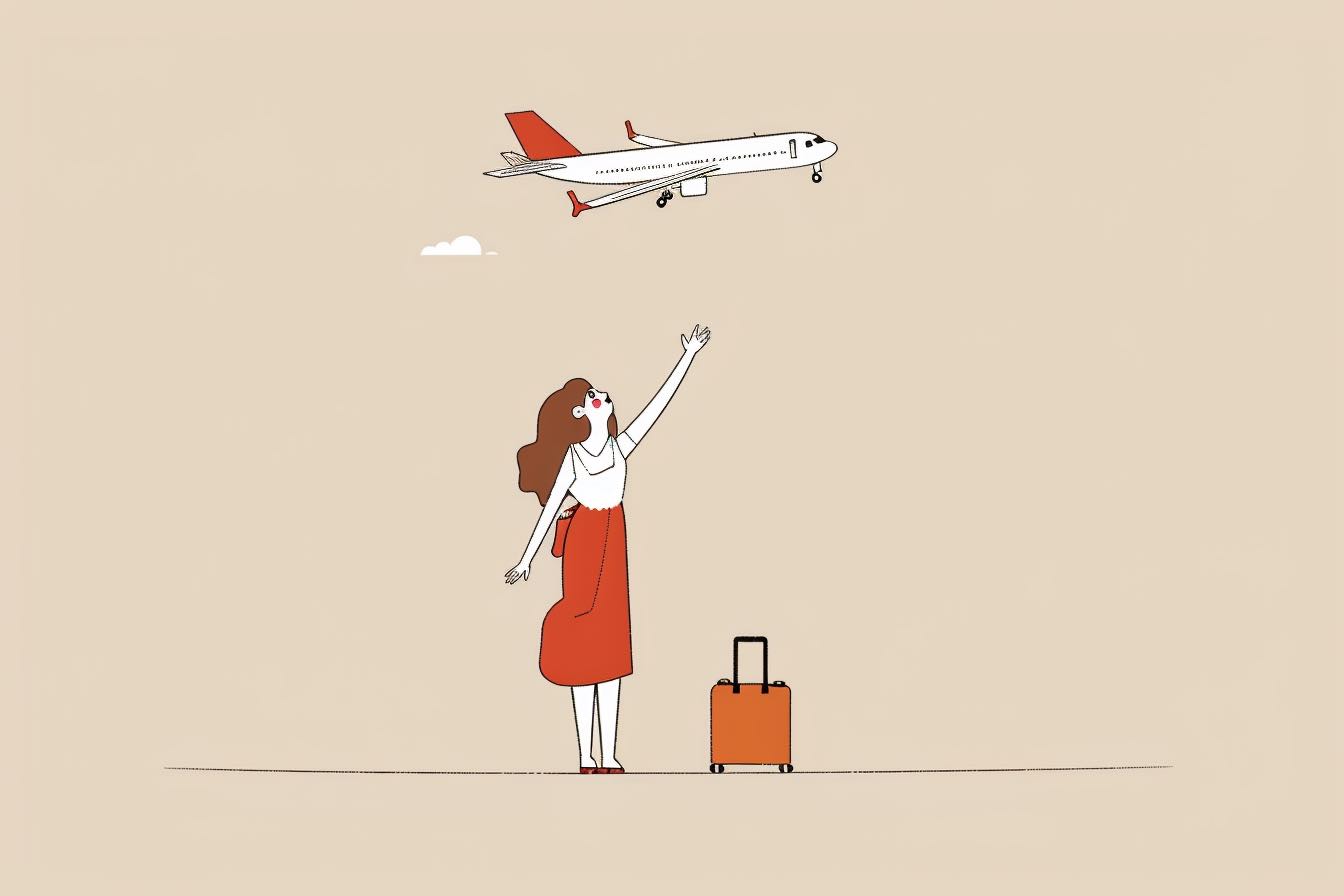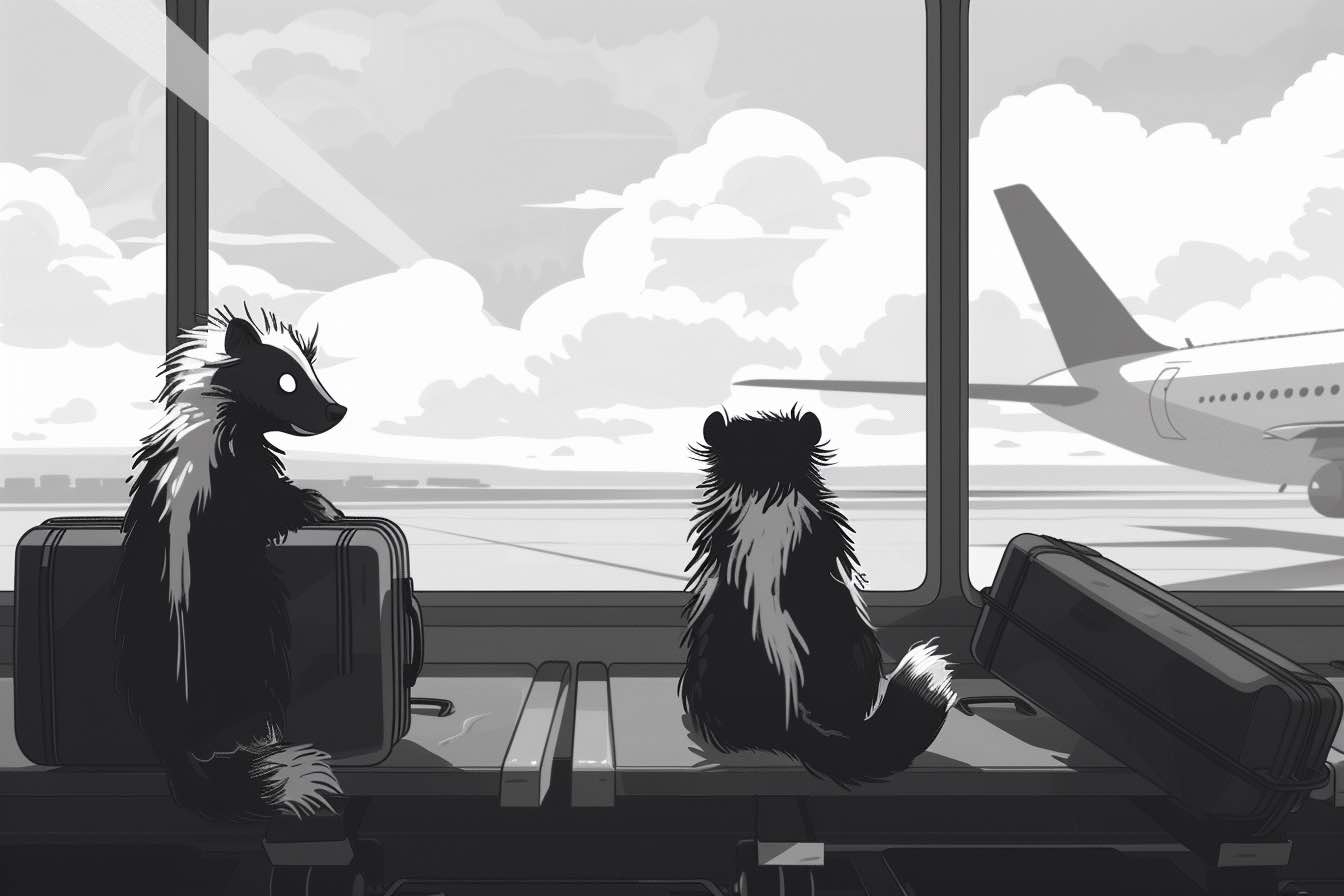Air travel is getting better. There, I said it.
I’m as surprised as you are to be writing those words.
But it’s true: Air travel in the United States could soon improve dramatically — “could” being the operative word.
For example:
- New rights for disabled passengers. The Department of Transportation has proposed the most sweeping changes to accessibility rights in a generation. The regulations would ensure airlines can accommodate all passengers with disabilities. (Related: As airlines try to monetize seat assignments, are passengers with disabilities being left behind?)
- New federal protections for air travelers. The U.S. Senate passed new rules that require better fee disclosure, free family seating, and new ticket refund rights. It also proposed appointing a new Assistant Secretary to handle airline service problems.
- Better seats. Southwest has announced ambitious plans to overhaul its cabin interiors. It joins other carriers, including Japan Airlines, LOT, and Swiss in rolling out new and more comfortable seats.
- Upgraded airline performance. Air carriers have canceled fewer flights lately. Last year, domestic airlines canceled only 1.2 percent of flights, according to the Department of Transportation (DOT). That’s way below the 2.7 percent cancelation rate in 2022 and significantly better than the same period in pre-pandemic 2019.
“There’s a sense of optimism for the future of U.S. air travel,” says Duncan Greenfield-Turk, the chief travel designer for Global Travel Moments, “The airline industry has an opportunity to rebuild and re-imagine air travel.”
Go ahead, say it.
“Potentially, it could usher in a new golden age of air travel,” he says.
Is it time to start celebrating a new golden age of air travel?
Hang on, hang on. We’re not there yet.
In fact, economy class passengers are still pretty unhappy with their travel experience, according to the latest J. D. Power North American Airline Satisfaction Study. In categories such as ease of travel, onboard experience, and trust, the airlines scored lower than they did last year.
“We’re seeing signs of weakening consumer satisfaction,” says Mike Taylor, J.D. Power’s managing director for travel and hospitality.
The silver lining: Amid declining fares, passengers say they got more value for their money when they flew compared to 2022. (Here’s our guide on everything you need to know about booking an airline ticket.)
Hey, it’s a start. (Related: Air travel sure has changed — but you ain’t seen nothing yet!)
But passengers say change is in the air. Alex Beene, a community coordinator from Nashville and a frequent air traveler, says his last few flights were on time and went smoothly. And he hardly had to wait at the TSA screening area. (Related: Air travel smells bad. Is there a fix?)
“I’ve never felt as good about air travel as I have the last few months,” he told me.
He’s not alone. I’ve spoken with many air travelers who share his sense of optimism. It feels like, for the first time in years, the stars are aligning for airline passengers.
But are they really?
This golden age could be fool’s gold
Reality check: This new golden age could turn out to be fool’s gold.
The new luggage fees announced late last month felt like a splash of cold water on all that optimism. This year, four domestic airlines have raised their checked baggage fees. United Airlines is the latest to announce an increase. You’ll pay $40 for your first checked bag, or $35 if you pay online at least 24 hours before your flight. That’s an increase of $5. (Related: My flight was canceled and I had to pay extra to travel.)
And the new Senate provisions for air travel, while positive, still have to be reconciled with the House version of the FAA Reauthorization bill. That probably means some of the more pro-consumer provisions will get stricken by the airline-friendly Congress.
How about those new airline seats? Generally, new aircraft interiors improve the flying experience. But Southwest’s new interior design, which debuts next year, has been a little controversial. Critics have hammered its new seats for looking too thin and uncomfortable. One popular TikToker called them “lawn chairs.”
That may be unfair. True, the seats cut a slender profile, but they are the result of “careful and extensive” research, according to the airline. Also, none of the critics have sat in one of the seats yet, so there’s that. (Related: Do travelers deserve bad customer service?)
What about the airline industry’s performance? Yes, it’s impressive, and the government wastes no opportunity to take full credit for it. But it will only last until the next computer outage or bad weather plunges an airline hub into total chaos.
“Let me be blunt,” says Bill McGee, a senior fellow for Aviation at the American Economic Liberties Project. “The airline industry is still broken.”
How to have a better flight anyway
Golden age or not, there’s only one thing that really matters: How is your next flight? None of the trends and statistics really matter if an airline cancels your flight and leaves you sleeping on the airport floor. Here’s how to sidestep bad service:
- Book a ticket on an airline that offers excellent service. There’s a reason airlines like Delta, Southwest and Alaska keep winning customer service awards. If you cheap out and buy a ticket on a discount airline, you will get what you pay for. No golden age for you! (Related: I paid for tickets on the wrong airline.)
- Avoid chaos. Try to avoid weekends and especially the days before and after major holidays. And always try to book the first flight of the day so that if something goes wrong, you won’t be stranded at an airport waiting for a connection. If you have to fly on a busy holiday, pack your patience and a good travel insurance policy.
- Know your rights. Whether Congress passes new laws or not, you still need to know your rights as an air traveler. (Yes, you have some.) For domestic flights, the DOT’s Fly Rights page is an excellent resource. You can fly during a difficult time and still get decent service if you know your rights and can advocate for yourself if service goes south.
But perhaps the best advice of all is to keep your expectations modest. No one is turning the clock back to the 1960s, when even the economy class seats had plenty of legroom and the service was stellar. In a deregulated, post-pandemic airline industry, take nothing for granted — and focus on the basics.
“The greatest service of all,” says MIT management professor Arnold Barnett, “is getting you to your destination safely.”




